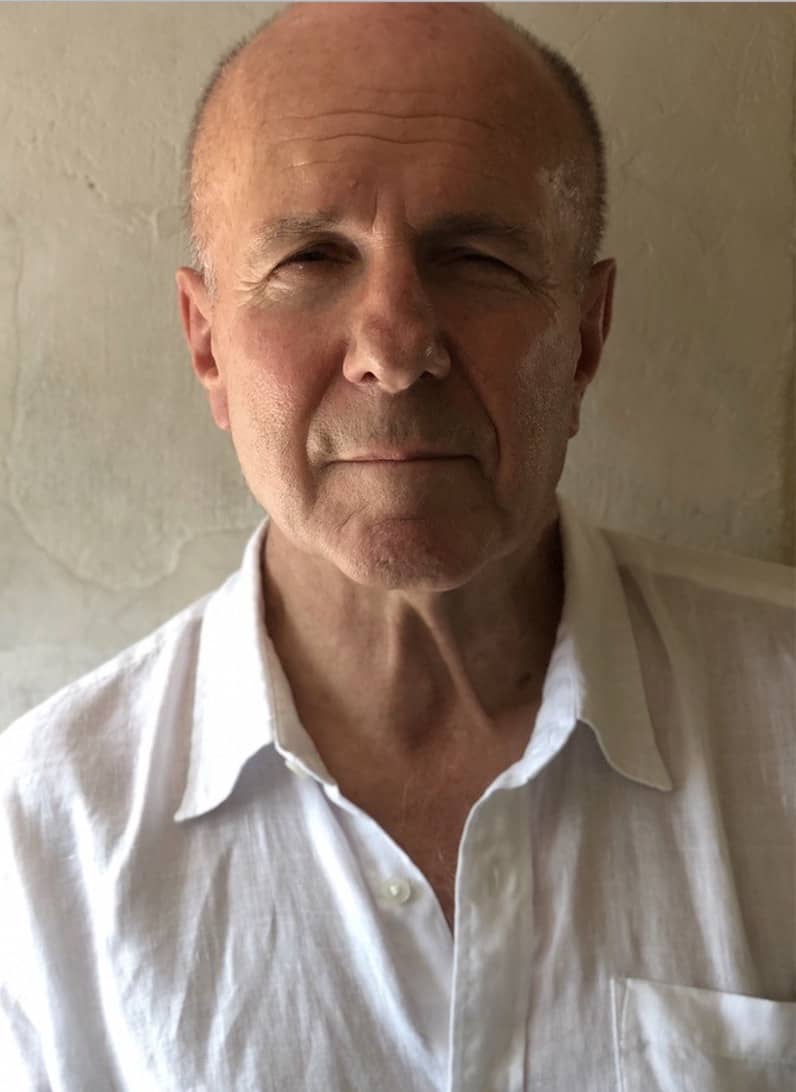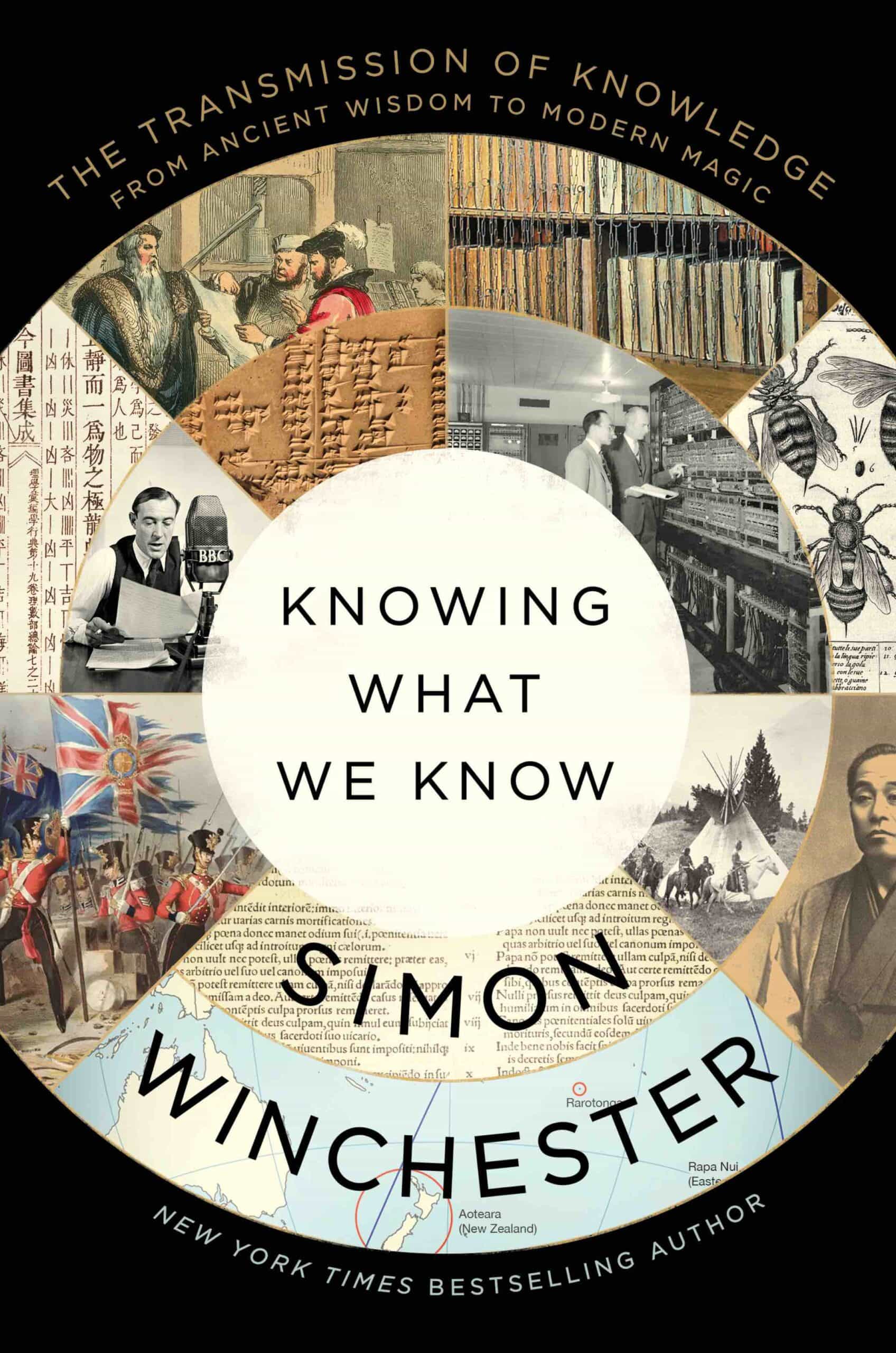

Live Talks Los Angeles event:
An Evening with
Simon Winchester
Founder & Producer of Live Talks Los Angeles
.
discussing his book,
Knowing What We Know: The Transmission of Knowledge: From Ancient Wisdom to Modern Magic
at Bergamot Arts Station
Santa Monica, CA 90404
Face masks recommended
.
TICKETS:
$46 General Admission ticket + signed Book*
$20 General Admission ticket
that airs on May 21 at 3pm PT/6pm ET..
.
PURCHASE VIRTUAL EVENT ONLY TICKETS, MAY 21 (click here)
TICKETS:
$40 Virtual Admission ticket + signed book
(books ship one week after event, US orders only
virtual event available on video-on-demand for five days, thru May 26)
.
From the creation of the first encyclopedia to Wikipedia, from ancient museums to modern kindergarten classes. In Knowing What We Know: The Transmission of Knowledge: From Ancient Wisdom to Modern Magic, Simon Winchester examines how humans acquire, retain, and pass on information and data, and how technology continues to change our lives and our minds.
.
With the advent of the internet, any topic we want to know about is instantly available with the touch of a smartphone button. With so much knowledge at our fingertips, what is there left for our brains to do? At a time when we seem to be stripping all value from the idea of knowing things—no need for math, no need for map-reading, no need for memorization—are we risking our ability to think? As we empty our minds, will we one day be incapable of thoughtfulness? And what will the world be like if no one in it is wise?
.
Simon Winchester is the acclaimed author of many books, including The Professor and the Madman, The Map That Changed the World, and Krakatoa, all of which were bestsellers. In 2006, Winchester was made an officer of the Order of the British Empire (OBE) by Her Majesty the Queen. He lives in western Massachusetts.
.
“The acclaimed Winchester leaps nimbly from cuneiform writings through Gutenberg to Google and Wikipedia as he examines … how we acquire, retain, and pass on information—and how technology’s current capability to do those things for us might be threatening our ability to think.” — Library Journal
